Treatment for Addiction and Trauma
Recovery from Addiction and Trauma is Possible
Uncover, Process, and Cope with Trauma

Heal Your Mental and Physical Health

Live with Authenticity and Self-Agency
Trauma Shatters Your Sense of Safety
Trauma is at the foundation of most addiction. Whether you or your loved one recognize that it occurred or not, unprocessed trauma makes you feel like you don’t have control of your life and shatters your sense of safety. It leaves you feeling like the world is unsafe, and you have no ability to stop bad things from happening to you.
Trauma and addiction are intertwined. It’s common for people with trauma disorders to drink alcohol or use drugs to attempt to regulate their nervous system and cope with trauma symptoms. Substance use also puts people at greater risk of experiencing traumatic happenings and exacerbates trauma symptoms.
You can regain your sense of safety and take control of your life by:- Detoxing from alcohol or drugs in a safe environment where you’re as comfortable as possible
- Recognizing the trauma you survived and how your mind and body responded to it
- Processing the trauma and learning to cope with future triggers
- Healing your mind and body, so you feel better mentally and physically
- Regaining your sense of safety and control of your life
If you’re experiencing addiction and trauma, it’s time to seek professional help. Shadow Mountain Recovery can help you stop substance use and heal your mental health.

Experiencing Addiction and Trauma
Trauma and addiction often happen simultaneously, most often with trauma leading to addiction. Some people experience emotional trauma without even recognizing what’s happening.
Emotional trauma can occur after an event or series of events makes you feel extremely unsafe. People’s responses to trauma vary, even when exposed to the same traumatic event. One person may process the happening and move forward unscathed, while another person’s nervous system gets stuck in fight or flight mode.
Traumatic happenings can include:
- Accidents that result in injury
- Loss of a loved one
- Natural disasters
- Physical assault
- Abuse or neglect
- Rape or sexual assault
- Verbal abuse
- Poverty
- Bullying
- Racism
- Homelessness
- Food insecurity
A person also doesn’t have to experience a traumatic event personally to be traumatized by it. You can experience emotional trauma from learning about another person’s trauma.
Trauma leaves a person feeling unsafe and unable to regulate their nervous system. Whether they realize what’s happening or not, they’re in a constant state of alertness.
Other symptoms of trauma include:
- Headaches
- Anxiety
- Depression
- Guilt or shame
- Insomnia
- Physical pain
- Avoidance
- Reexperiencing
- Poor self-esteem
- Anger or rage
- Fear
- Isolation
- Hypervigilance
- Extreme mood swings
- Body aches
- Gastrointestinal issues
The severity of trauma a person has is indicated by the combination of symptoms they experience and the duration of those symptoms. Post-Traumatic Stress Disorder (PTSD) is the most severe trauma disorder. It’s when a specific set of symptoms lasts more than a year. PTSD can be debilitating, keeping you from actively functioning in your daily life.
Trauma will not go away if left untreated. Instead, symptoms are likely to worsen over time. Also, addiction is a common symptom of trauma because people self-medicate to attempt to cope with how they feel. People with emotional trauma also are at higher risk of suicide. But trauma and addiction are treatable with the right mental health support.
Trauma-Informed Care at Shadow Mountain Recovery
At Shadow Mountain Recovery, we understand how trauma affects every part of a person — mentally and physically. We also are keenly aware of how attempting to cope with trauma can result in addiction. That’s why we provide individualized, trauma-informed care to help you identify the trauma, process it, treat its symptoms, and learn how to address future triggers.
Your addiction and trauma treatment likely will start with detoxification to remove harmful substances from your body in a safe, controlled space. If necessary, medical detox can provide the proper supervision by professionals.
As you free your body of substances, you’ll begin working with a mental health professional to treat the emotional trauma. Mental health professionals treat trauma with a combination of therapies, including:
- Individual talk therapy
- Group therapy
- Eye Movement Desensitization Reprocessing
- Experiential therapies like mindfulness, hiking, or journaling
At Shadow Mountain Recovery, you will work with a mental health professional to identify the best combination of treatments for you. Your team will guide you through treatment, helping you heal your trauma and move into addiction recovery.
Start Recovery Now
You deserve to feel safe and in control of your life. Shadow Mountain Recovery Centers provide safe, effective treatment for people with co-occurring disorders, including addiction and trauma. Our programs pair compassionate mental health professionals with the research-based treatments and safe environment necessary for recovery.
If you’re ready to commit to recovery and healing, we’re here to help. We accept most major insurances. We never want finances to get in the way of you getting the treatment you deserve. Our admissions specialists are ready to help you start treatment.


